UBS hit by $2 billion rogue-trader losses
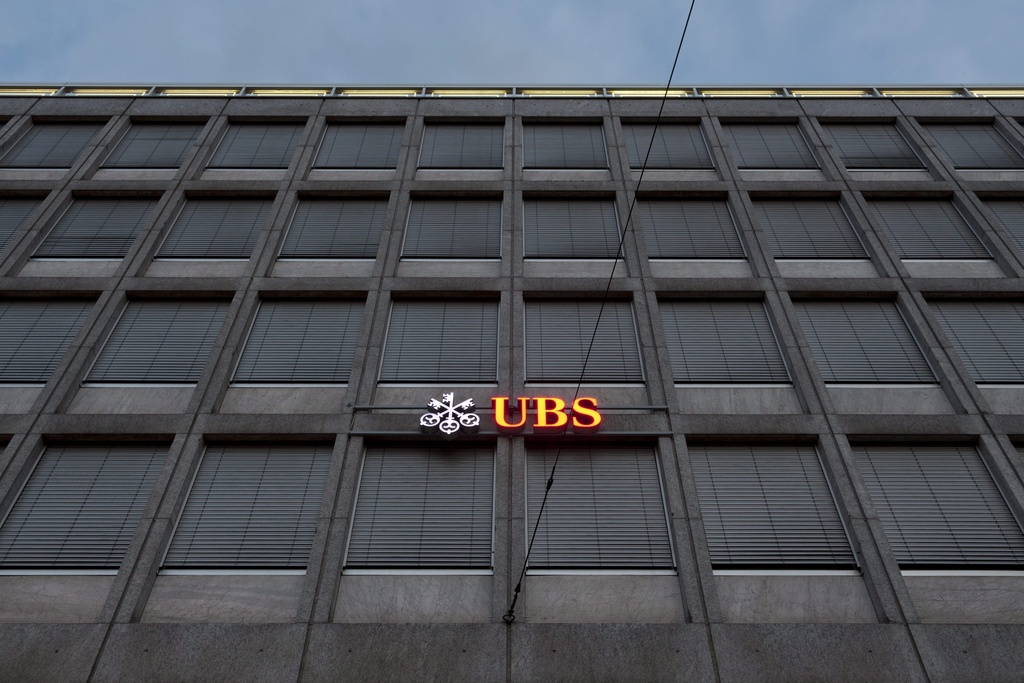
A rogue trader has cost Switzerland’s largest bank, UBS, some $2 billion (SFr1.75 billion) in losses – the biggest such scandal in Swiss financial history.
UBS warned that the unauthorised trading by one of its investment bankers is likely to negatively impact its third quarter results. A 31-year-old man has been arrested in London on suspicion of fraud.
Shares in the bank plunged more than eight per cent on the news to under SFr10 per share before recovering slightly by mid-morning.
Details are scarce, with the bank only estimating losses and refusing to elaborate on what markets the rogue trades took place. UBS did say that no clients had been affected, leading to the likely conclusion that the employee had been gambling with the bank’s own money.
UBS has launched an investigation into how internal controls failed to spot the fraud and the regulator, the Swiss Financial Market Supervisory Authority (Finma) has been alerted.
“We are aware of this case. UBS informed us immediately of their findings,” Finma spokesman Tobias Lux told swissinfo.ch. “We are in close contact with the bank about the matter.” Lux would not confirm exactly when Finma had been informed of events.
One of the biggest
The estimated $2 billion losses would list the UBS scandal among the world’s biggest rogue trading frauds. The most recent case saw French trader Jerôme Kerviel jailed after racking up €4.9 billion (SFr5.9 billion) in losses at Société Générale in 2008.
The most infamous rogue trader, Nick Leeson, brought down Britain’s Barings Bank after his unauthorised trades incurred $1.3 billion in losses by 1995.
The discovery of a rogue trader is the latest in a series of blows that has pounded UBS in the past three years.
UBS was Switzerland’s only bank to receive a state bail-out after being burned by the financial crisis. And in 2009, UBS was forced to pay a huge fine and release names of nearly 5,000 clients after being caught helping US clients evade taxes.
The bank is also facing a series of law suits in the US from clients and institutions that lost money during the financial crisis.
Reputational damage
Losses of the magnitude of $2 billion would undoubtedly hurt UBS, which last month announced 3,500 job losses on the back of poor trading figures. Second quarter profits of SFr1 billion were half those of the same period in 2010 and analysts were expecting the bank to post profits of SFr1.8 billion in the third quarter of this year.
But perhaps the biggest damage would be to UBS’s reputation. The bank has already seen its wealth management arm rocked by the tax evasion scandal in the US.
The bank’s credibility to customers could be at stake if it is found that internal controls were too weak to spot huge losses being racked up on its own accounts.
“With so much uncertainty in the financial markets already, it is highly damaging for UBS to have its reputation thrown further into doubt,” Swiss banking expert Teodoro Cocca told swissinfo.ch.
Investment banking future
Cocca also wondered whether UBS can now continue with its slimmed down, risk adverse investment banking division that still hopes to compete with Wall Street.
“UBS will now come under enormous public pressure and may have to rethink its investment banking strategy,” he said. “I expect they will have to further reduce this division and stop trying to compete with the US.”
“[Chief executive, Oswald] Grübel is already in the process of repositioning this business, but it is not clear in which direction they are moving.”
The majority of the 3,500 job losses announced last month will come mostly in investment banking. The object of downscaling is to save the group up to SFr2 billion in the next three years.
The activities of one rogue trader appears to have wiped out these operational savings in one fell swoop.
Barings bank employee Nick Leeson coined the term “rogue trader” after racking up $1.3 billion in losses by the time his unauthorised trading was discovered in 1995.
Singapore-based Leeson wove a complicated web of deceit as he tried in vain to cover up initial losses with yet more fraudulent bets. Barings effectively went bust and was bought by the Dutch ING bank for £1.
Leeson was jailed and his activities captured in a 1999 movie entitled “Rogue Trader”.
Jerôme Kerviel incurred even greater losses (€4.9 billion) during his ill-fated stint at the French Société Générale bank.
He was also jailed and ordered to pay the losses back to the bank – a symbolic gesture considering the amount of money involved.
Like Leeson, Kerviel blamed a culture of risk and greed at the bank he worked for combined with slack supervision that allowed such activities to go undetected if it was thought that big profits were being made.
Yasuo Hamanaka, also known as “Mr Copper”, is thought to have cost Japan’s Sumitomo bank at least $1.8 billion betting the wrong way about the future price of copper in the mid-1990s without the knowledge of the bank.
John Rusnak was jailed in 2003 after his rogue trading cost the Allfirst bank some $691 million.

In compliance with the JTI standards
More: SWI swissinfo.ch certified by the Journalism Trust Initiative

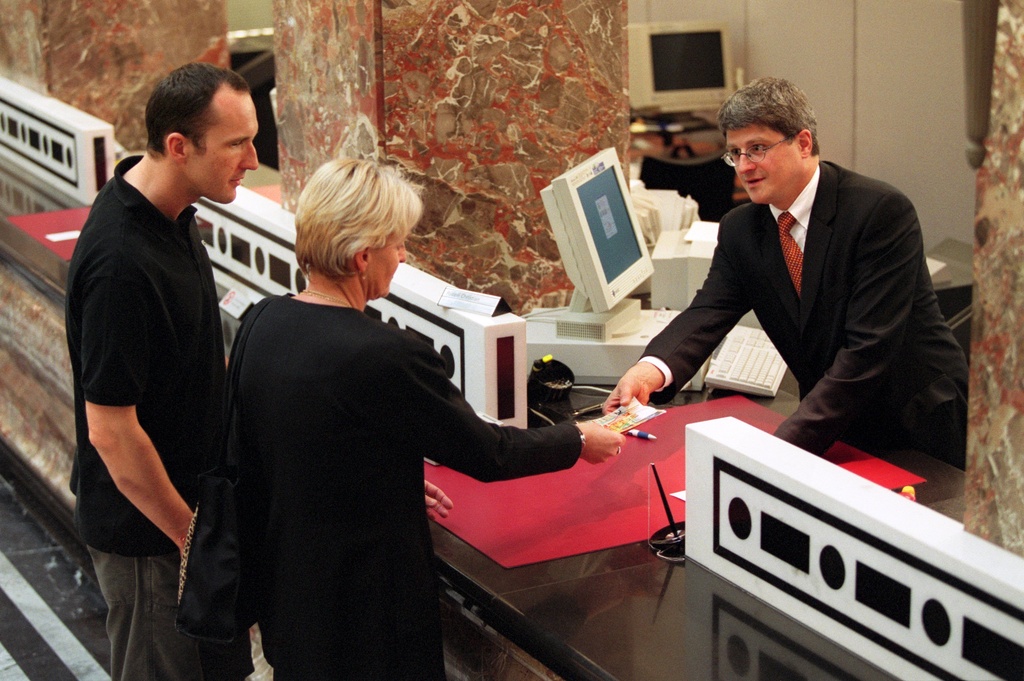
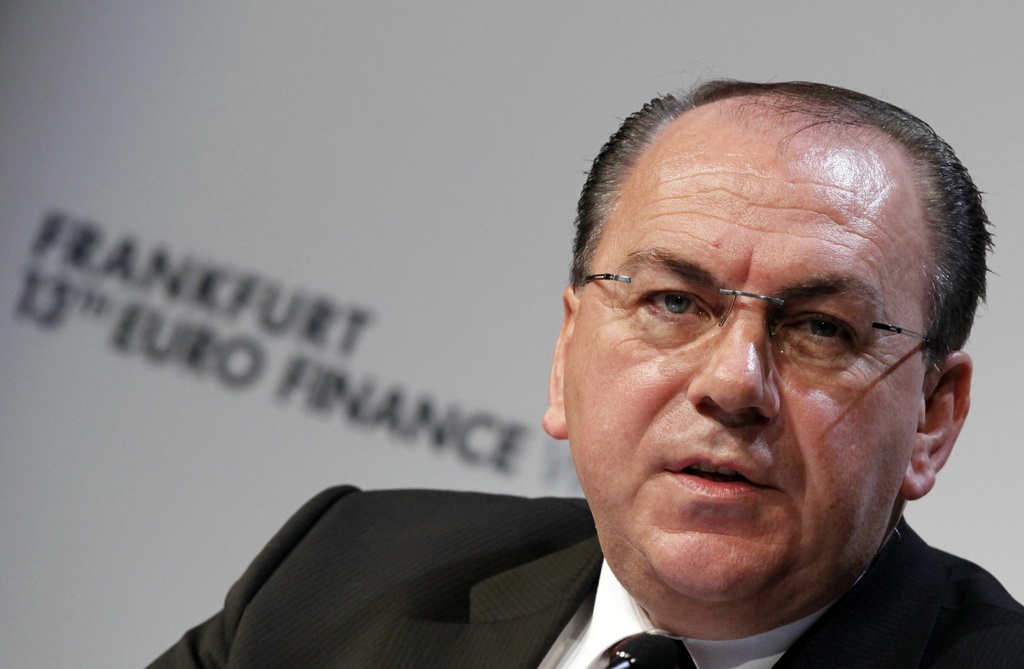
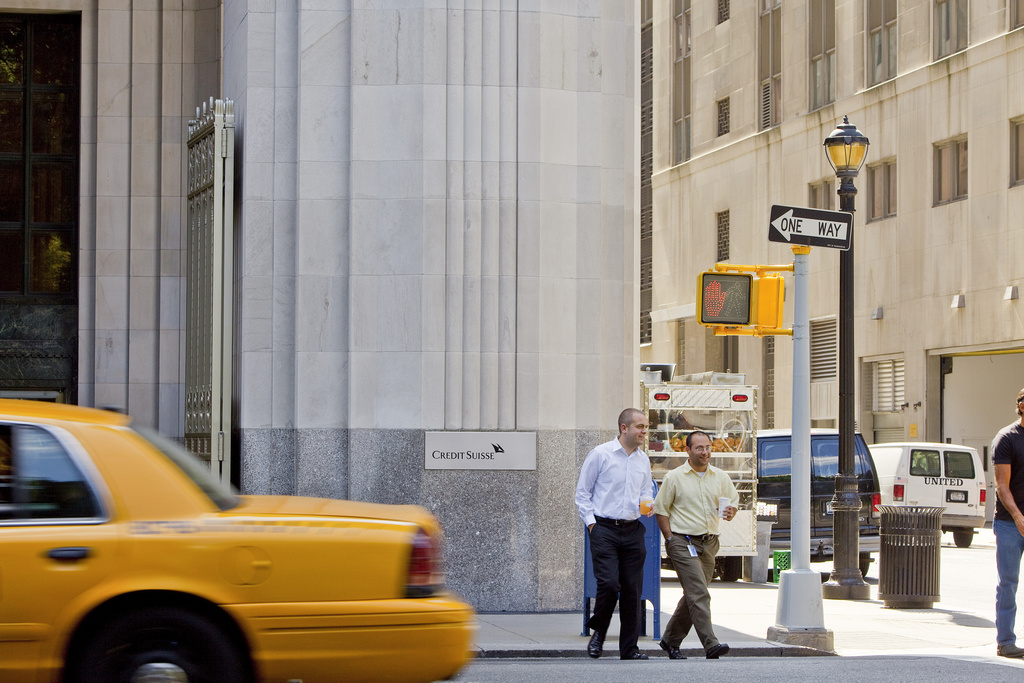
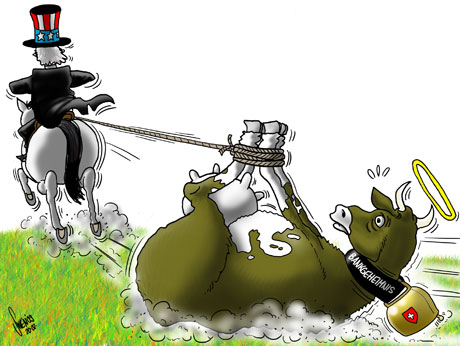
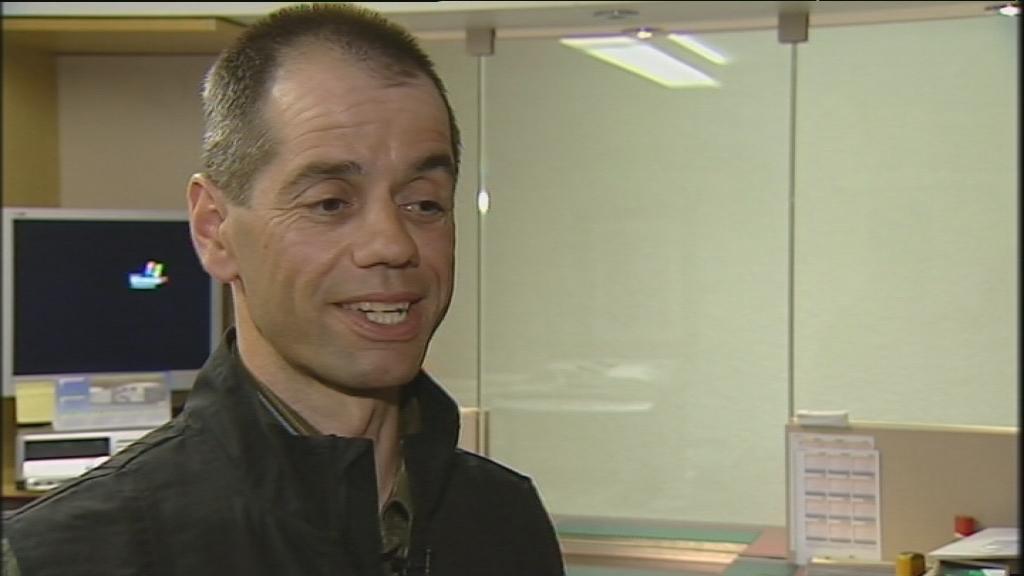
You can find an overview of ongoing debates with our journalists here. Please join us!
If you want to start a conversation about a topic raised in this article or want to report factual errors, email us at english@swissinfo.ch.